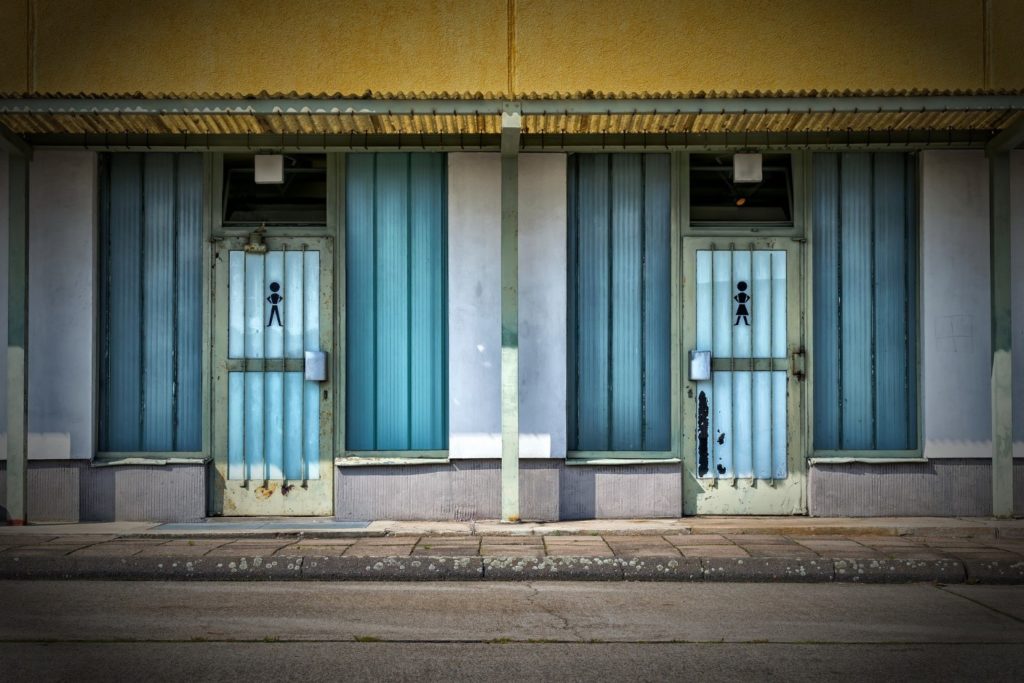 NAIROBI – Officials in Kenya are serious about cleaning up the country to make it a healthier place. This is especially true in the case of their campaign to become an Open Defecation Free (ODF)region.
NAIROBI – Officials in Kenya are serious about cleaning up the country to make it a healthier place. This is especially true in the case of their campaign to become an Open Defecation Free (ODF)region.
There are many ways to approach providing more sanitary conditions, but Kenya may be taking a couple of approaches that are unique.
Sanitation is Everyone’s Problem
The Kenyan Director of Public Health, Kepha Ombacho, closed out a conference on sanitation and hygiene last week in Nairobi by emphasizing that the Ministry of Health’s position is that “provision of public sanitation facilities must be free. That is why all banks, supermarkets, parks, bus stations and other public places must have clean water and sanitation systems like washrooms.”
He added that “Before a hotel, supermarket or bank is cleared to operate, it must meet minimum sanitation requirements.” He verbally castigated counties that fail to enforce the Public Health Act that was implemented to ensure that Kenyans enjoy free sanitation services.
He emphasized that the failure of county officials was “costing the public millions of shillings to treat diseases caused by poor sanitation and hygiene.” The Ministry of Health has ordered all public establishments not only to install sanitation but also to provide those sanitation services free of charge.
The Kenyan government’s infrastructure development plan is to ensure that 80 percent of the urban population has access to publicly-owned sewage disposal systems by 2030. The estimated cost of achieving that goal is 480 billion shillings, the equivalent of $4.75 billion U.S. dollars.
Getting commercial businesses to participate by installing and providing sanitation services is a good start.
What to do With the Waste
There is an adage that says that when we solve one problem, we create another. Wisdom dictates that we give due consideration to ensure that we do not cause anyone to suffer unintended consequences.
One of the natural consequences of creating a municipal sewage system is what to do with the waste. Wastewater must be channeled to a treatment plant. There, the water is made free of harmful contaminants. The effluent water released should be clean and potable.
The byproduct of the treatment process is called sludge. Ultimately, those responsible for the treatment facility must dry the sludge and find a way – of which there are several – to distribute it as a usable product. Quite often, sludge is used to fertilize crops. Kenya has been utilizing a process that can provide a reasonable financial return to help fund the ongoing process. They convert the sludge into briquettes for use in cooking and heating.
The sludge is mixed with sawdust in a process that removes the odor, removes harmful pathogens, and that burns well and long. Both the SNV Netherlands Development Organization and the European Union, amongst others, are assisting Kenya with the development of this process throughout various parts of the country.
Sources:
- Standard Digital, Ministry of Health orders business premises to provide free toilets
- Standard Digital, Briquettes from human waste keep home fires burning
- Reuters, In Kenya, fuel made from human feces keeps the home fires burning
For more information about this, click here.




